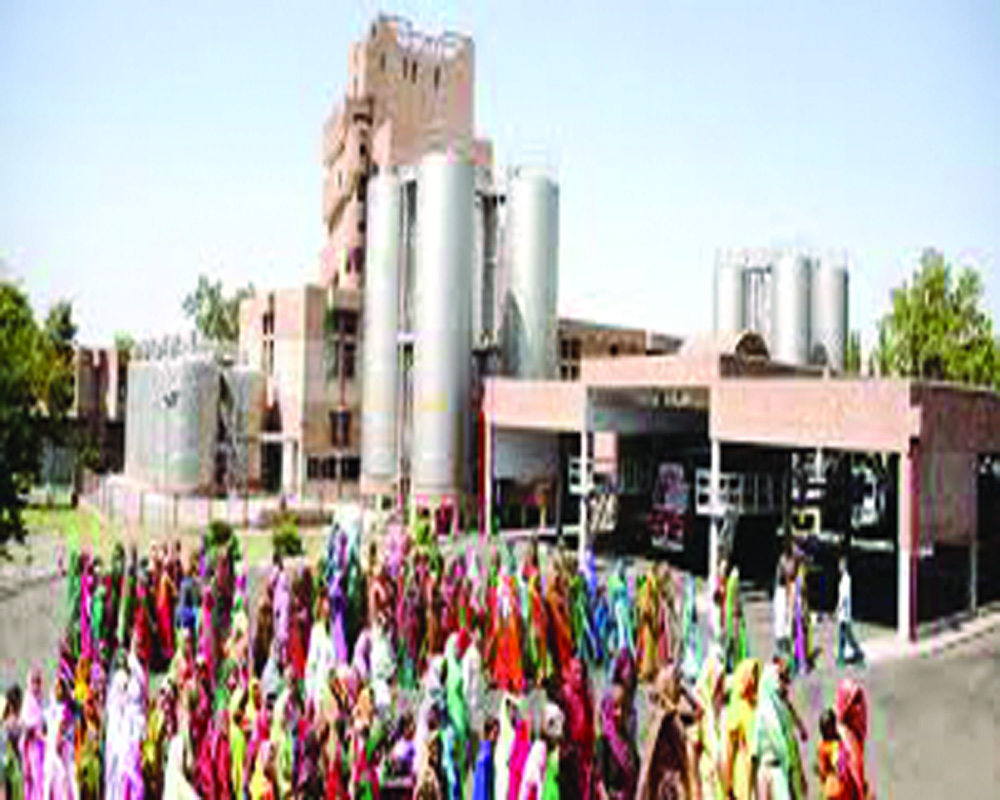Cooperative entrepreneurship is emerging as a transformative mechanism to address social and economic challenges, especially for marginalised communities. By integrating economic activities with social objectives, it fosters self-reliance, financial inclusion, and social equity, making it a key pillar for sustainable development.
Cooperatives operate as dual-purpose entities-economic organisations and member-centric institutions-with the aim of maximising member benefits while maintaining operational efficiency. Their governance structures emphasize democratic decision-making and resilience, making them particularly relevant in regions like Eastern India, where socio-economic disparities hinder development. By aligning member incentives with enterprise goals, cooperatives drive regional economic growth and nurture local entrepreneurship.
Worker cooperatives and employee-owned businesses exemplify how collective ownership transforms workplaces. Through reinvesting profits locally and prioritising social objectives over profit maximisation, cooperatives contribute to community development and social impact. Eastern India can draw inspiration from dairy cooperatives like Amul and the Amreli Model, which have uplifted rural communities by ensuring fair pricing, market access, and technological support.
The historical evolution of cooperatives highlights their relevance in modern economies. Grounded in principles of democratic governance, voluntary participation, and equitable resource distribution, cooperatives ensure equal decision-making power for all members, irrespective of socio-economic status.
This inclusivity can significantly impact Eastern India by bridging developmental gaps and fostering socio-economic resilience. Research underscores how cooperative structures promote innovation through shared ownership and long-term perspectives. Their resilience during economic downturns, supported by collective decision-making, creates an environment conducive to entrepreneurial activities. Innovations in worker cooperatives worldwide, such as those studied by Virginie Pérotin, offer replicable models for Eastern India to boost creativity and efficiency in community-driven enterprises.
Cooperatives integrate economic, social, and environmental objectives, aligning closely with Sustainable Development Goals (SDGs). By addressing socio-economic disparities and promoting equitable wealth distribution, cooperatives serve as engines of inclusive growth.
Policy recommendations advocate for robust frameworks to amplify their impact on sustainable development. In Eastern India, cooperatives can tackle regional challenges like agricultural inefficiencies and lack of industrialisation, fostering local enterprises and generating jobs. A recent government decision to extend PM Fasal Bima Yojana benefits to Scheduled Castes (SCs) and Scheduled Tribes (STs) marks significant progress in financial inclusion and risk mitigation for marginalised groups. This initiative ensures access to crop insurance, protecting vulnerable farmers from losses due to unpredictable weather patterns. In Eastern India, where agriculture forms the backbone of rural livelihoods, this extension can stabilise incomes and encourage cooperative farming ventures.
Historical evidence shows that regions with robust cooperative farming models have achieved significant socio-economic upliftment. Cooperatives enable collective bargaining for better input prices and market access, while providing small and marginal farmers with resources to modernise agricultural practices.
Eastern India can build on these successes by developing region-specific cooperative frameworks to address local agricultural challenges and enhance farming resilience.
Amul Dairy Cooperative in Gujarat serves as an exemplary model, organising millions of dairy farmers to ensure fair prices and market access while uplifting rural communities. Another noteworthy example is the Lijjat Papad Cooperative, run by economically disadvantaged women, showcasing how small-scale production can evolve into a globally recognised enterprise.
Cooperatives are crucial for fostering social justice in Eastern India by addressing systemic inequities and promoting inclusive growth. They enhance financial inclusion by offering microfinance options, enabling marginalised groups to access entrepreneurial capital. By eliminating middlemen, cooperatives ensure fair pricing for products and services, advancing economic equity. Their governance structures also help members develop leadership skills, strengthening their role in community affairs. Women-centric cooperatives, in particular, provide financial independence, leadership opportunities, and platforms to address gender-specific challenges.
(The writer was the member of the MSP committee formed by the central government; views are personal)


























